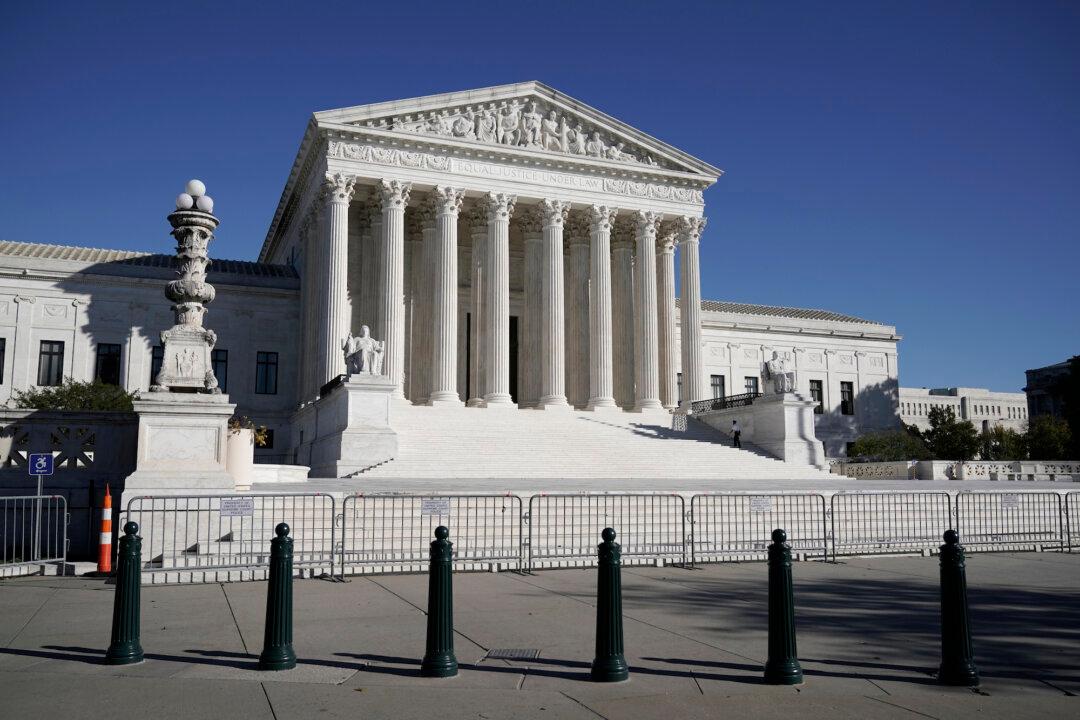The U.S. Supreme Court rejected an appeal from Kansas that sought to revive a law requiring people to prove their citizenship when they register to vote.
“The petition for a writ of certiorari is denied,” the high court wrote in a Dec. 14 order (pdf), noting also that Justice Neil Gorsuch, who once sat on the bench of the 10th Circuit Court of Appeals, which declared the law unconstitutional in April, took no part in the consideration or decision of the petition (pdf).





